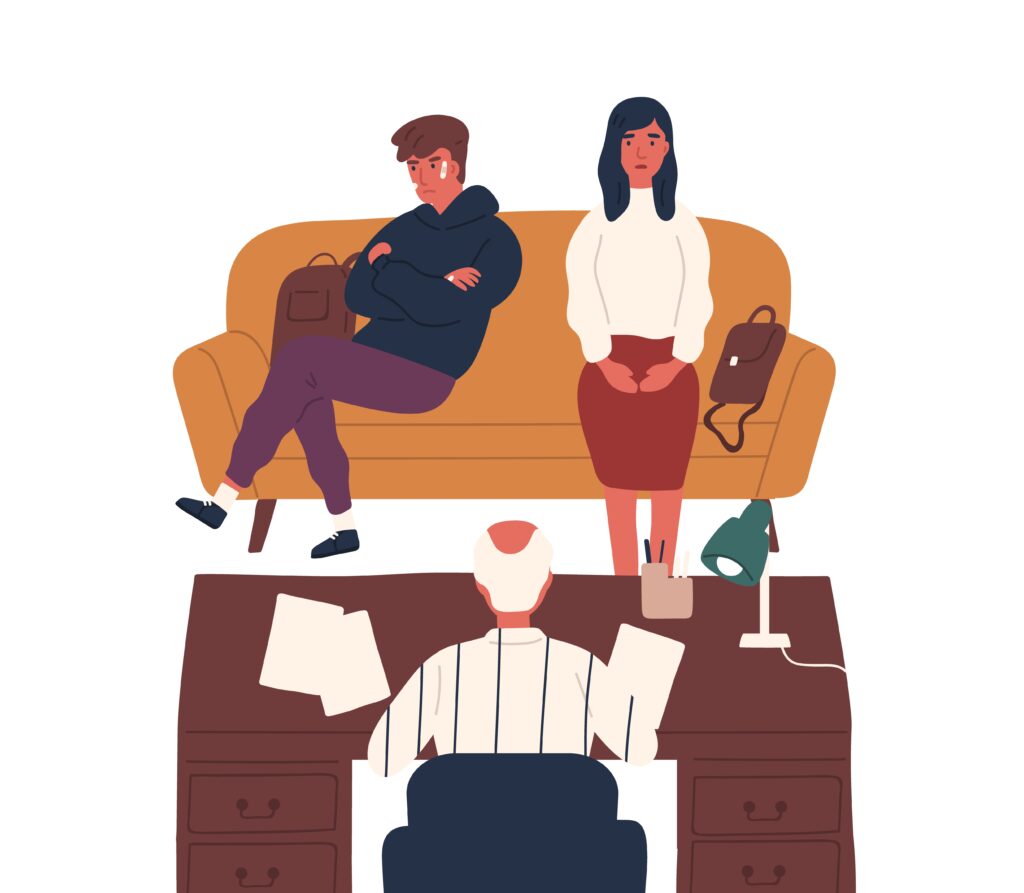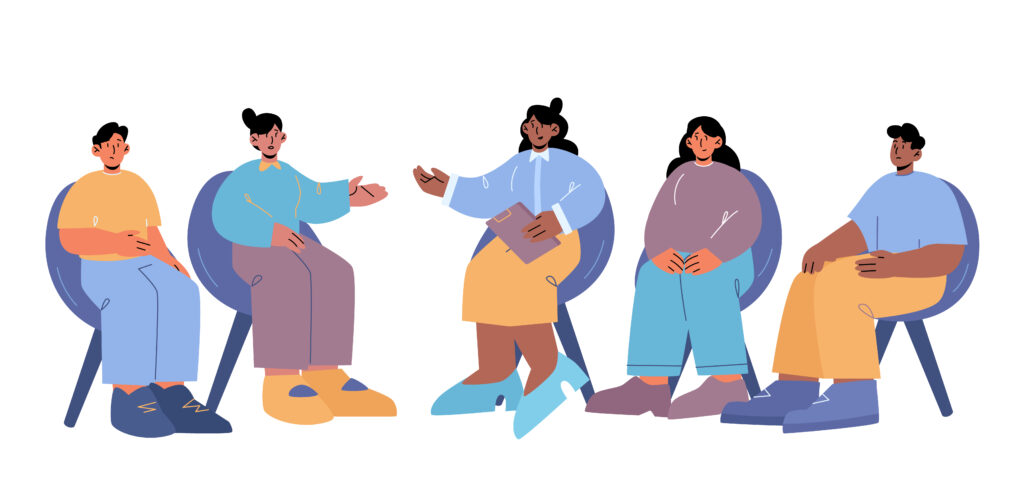Last updated on December 20th, 2024 at 01:16 pm
Relationships can be complicated, and at times, it may be difficult for a friend to navigate the ups and downs. As a supportive friend, you might feel the urge to assist, but it’s crucial to approach the situation thoughtfully to ensure that you are genuinely helping rather than hindering it. In this article, we will provide you with a comprehensive guide on how to help a friend facing relationship problems.
Understanding the Problem
The first step in assisting a friend with relationship problems is to understand the issue at hand. It is essential to listen to your friend and give them the space to express their thoughts and feelings. This will enable you to gain a clearer understanding of the situation and determine how you can best support them. Be an active listener, and refrain from interrupting or providing unsolicited advice.
It’s also essential to remember that everyone’s experiences and perspectives are unique, and it is not your place to judge or criticize. Instead, aim to approach the situation with empathy and a non-judgmental attitude.
Offering Support
Once you have a solid understanding of what your friend is experiencing, the next step is to provide support. This can be as straightforward as listening, being present for them, and offering a shoulder to lean on.
It’s essential to remember that your friend might be feeling vulnerable and may not always be aware of what they need from you. Offer your support and reassure them that you’re there for them, but also respect their boundaries and decisions.
Encouraging Self-Reflection
It’s also essential to encourage your friend to reflect on their own thoughts and feelings. This can assist them in gaining a better understanding of what they want and need in a relationship.
Encourage them to reflect on their values, what they seek in a partner, and what they are willing to compromise. This process of self-reflection can assist them in making better decisions and finding a healthier relationship in the future.
Seeking Professional Help

In certain situations, a relationship issue may be too complicated to resolve independently. Encourage your friend to seek professional assistance, such as couples therapy or individual counseling. This can provide a safe environment where they can address their concerns and receive the support they need to move forward.
A mental health professional can offer a new perspective and assist your friend in discovering healthy coping mechanisms for addressing relationship issues.
Avoiding Common Mistakes
Although your intentions may be good, there are several common mistakes that can inadvertently harm your friend’s situation.
For example, it is crucial to avoid taking sides or making choices. Doing so can lead to unnecessary drama and strain your friendship.
It’s also important to refrain from giving unsolicited advice. While it may be tempting to share your opinions and suggestions, it is not your place to do so. Your friend may feel that their issues are not being taken seriously or that you are not respecting their decisions.
How do you discuss relationship problems with someone?
Discussing someone’s relationship issues can be a sensitive matter. Here are some steps to facilitate the conversation:
How do you give a friend advice in a relationship?
Offering advice can be challenging, particularly regarding relationships. Here are some tips to assist you in providing your friend with the best advice possible:
What to Say to a Friend Who Is Struggling in Their Marriage?
If your friend is having difficulties in their marriage, here are some supportive things you can say:
What is the best relationship advice you can offer someone?

The best relationship advice you can offer someone is to prioritize communication, respect, and trust. Here are some tips to assist:
What is stonewalling in a relationship?
When one partner in a relationship “stonewalls,” they shut down emotionally and refuse to address the other’s concerns during a conflict. This behavior involves emotionally withdrawing and being unresponsive, which disrupts communication and makes it impossible to reach a resolution. As it creates a sense of emotional detachment and isolation, it can be detrimental to a relationship. To overcome stonewalling, it is essential for both partners to explore the underlying causes of this behavior and develop mutually beneficial communication strategies.
Conclusion
Having someone to support you during difficult times in a relationship is crucial. The advice in this article can serve as a guide to help a friend navigate their relationship challenges and attain the fulfillment they deserve.
Avoid these common mistakes by approaching the situation with empathy and a nonjudgmental attitude. Offer support, encourage introspection, and consult professionals when necessary. If you want to see your friend happy and in love, you need to help them find it.


